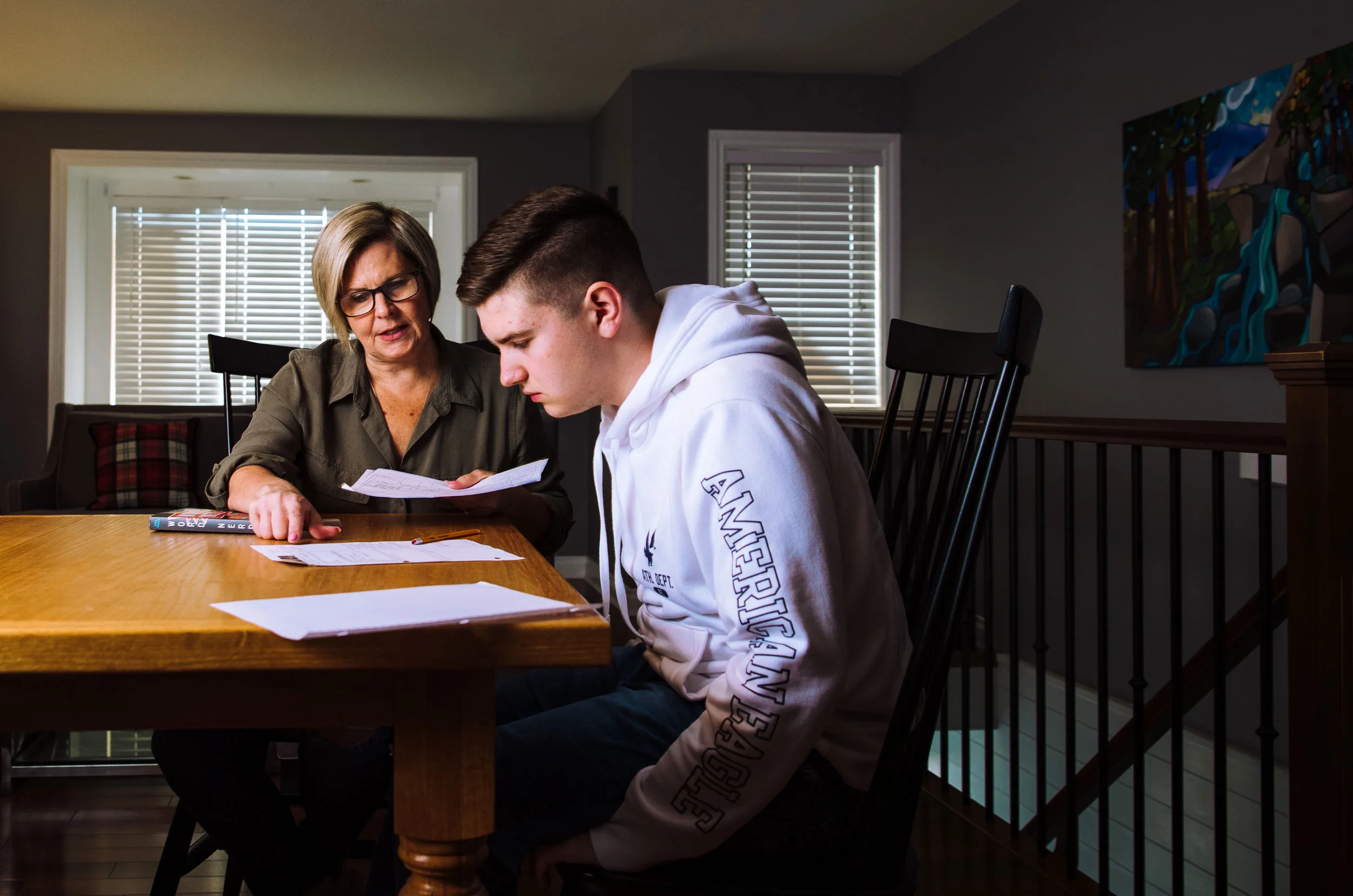For Immediate Release:
Victoria, February 21, 2018 – BC’s 2018/19 budget included important new initiatives to make British Columbia more affordable, but there was also a disappointing halt in 2017’s momentum towards better lives and inclusion for people with intellectual disabilities, many of whom live in dire poverty.
“We understand that 15 years of underfunding can’t be reversed overnight, and we applaud the investments in housing and child care,” said Inclusion BC Executive Director Faith Bodnar. “But today’s budget had very little good news for British Columbians with intellectual disabilities, children with special needs and their families.”
BC’s new government announced key changes that were widely welcomed after taking office in 2017, including a $100/month increase in Persons with Disabilities (PWD) benefit rates, which had been frozen for a decade. A new $52 transportation supplement for PWD recipients, announced last fall, was also referenced in today’s budget.
But Inclusion BC is disappointed that a key pillar of the 2018 provincial budget, housing affordability, ignored the dire straits facing 100,000 British Columbians with disabilities who face monumental challenges trying to find safe housing with the maximum $375 housing allowance included in PWD monthly benefits.
“We applaud the Finance Minister’s initial emphasis on addressing housing affordability for the most vulnerable British Columbians,” Bodnar said. “But the plight of those trying to survive on PWD benefits seems to have been forgotten and these are undoubtedly some of our most vulnerable citizens.”
In a recommendation endorsed by the Standing Committee on Finance and Government Services, Inclusion BC and other disability advocates urged the BC government to introduce portable rental subsidies, similar to the seniors SAFER program, to help PWD recipients access safe, affordable housing.
“We have been putting this forward as good fiscal policy since 2012 and it’s disappointing to see this advice was ignored in today’s budget,” Bodnar added. “We see nothing else in the budget that will address the dangerous housing affordability gap for people with disabilities.”
People with disabilities belong in our province and have an equal right to income security. What is needed is a plan to raise PWD rates to a level that provides for a decent and respectful quality of life for people with disabilities, and to provide future security by indexing rates to inflation.
Bodnar also expressed grave concern about the budget for Community Living BC, where very modest annual increases continue to lag projected caseload growth of 5-6 percent annually.
“CLBC’s budget shows further declines in spending per individual for 2018-21, which is unrealistic in a context of inflation and rising costs of serving an aging population,” Bodnar said. “We have called for a collaborative process to review CLBC’s operations and mandate, and this budget adds heightened urgency to this call.”
For many years, CLBC has responded to growing caseload pressures by seeking efficiencies to reduce costs per client.
“This approach has been unsustainable for many years,” Bodnar said. “Families and community agencies that support people with intellectual disabilities across BC have struggled with underfunding for a long time. They continue to wait too long for services and face increasingly limited support options.”
BC Budget 2018 included several modest initiatives that offer welcome relief for people with disabilities and their families. Inclusion BC applauded the commitment to end waitlists for the Supported Child Development and Aboriginal Supported Child Development Programs, which fund supports that allow children with special needs to access childcare.
“Addressing these waitlists is a very welcome step, as it will remove a significant added barrier facing families of children with special needs,” Bodnar said.


